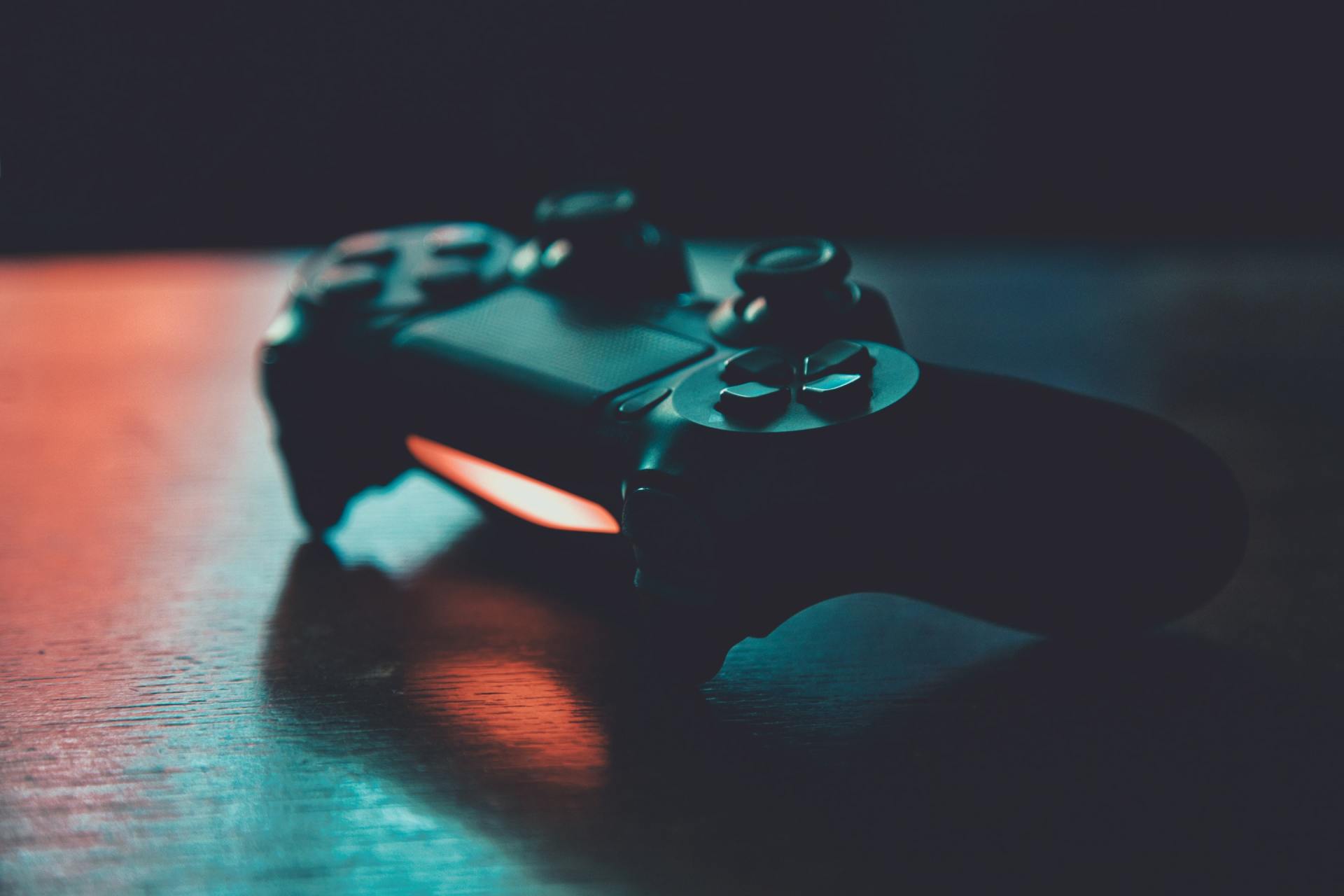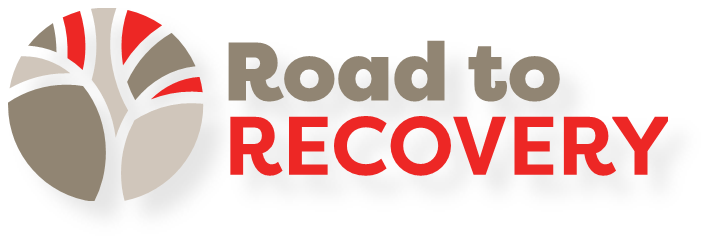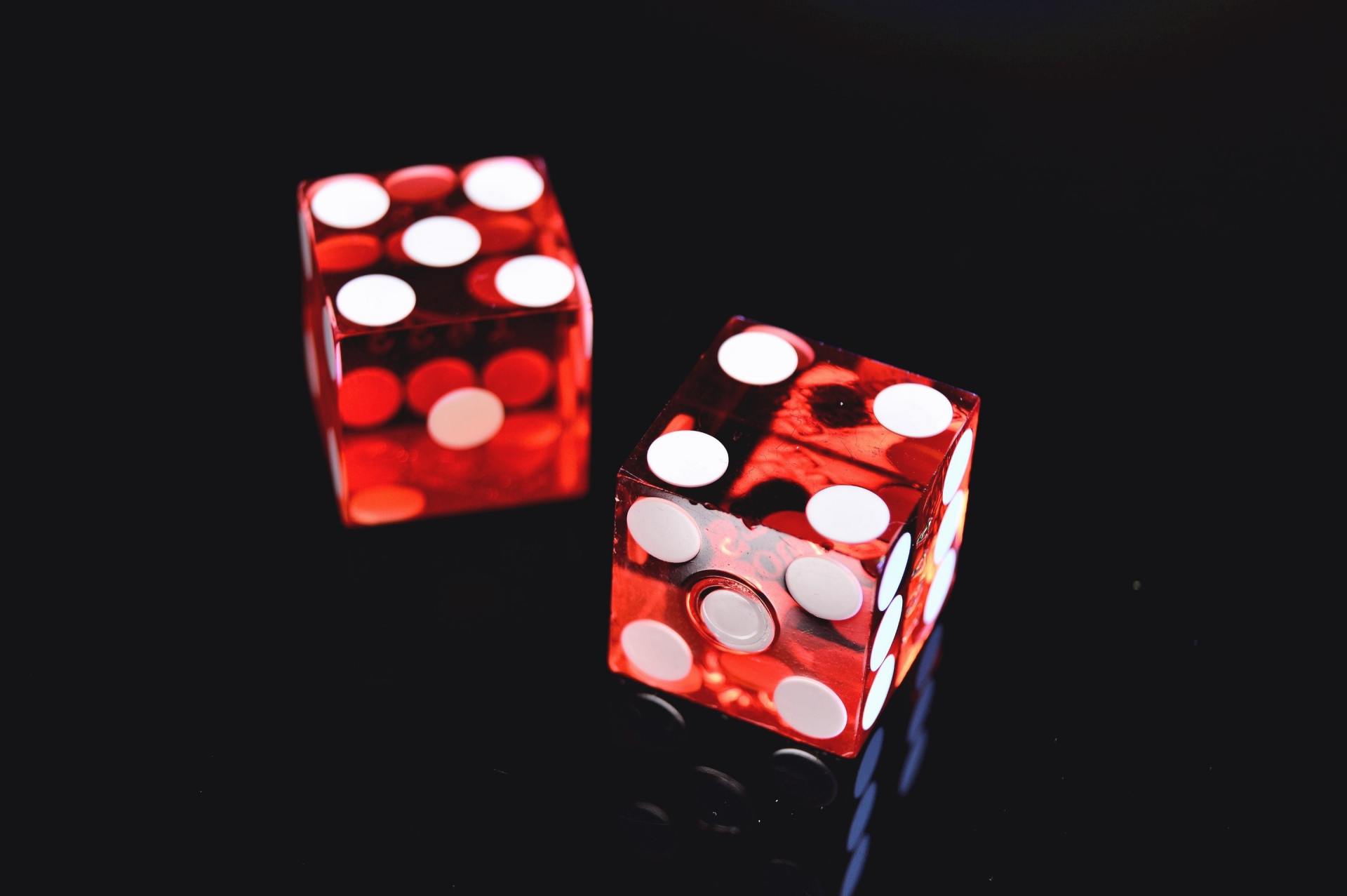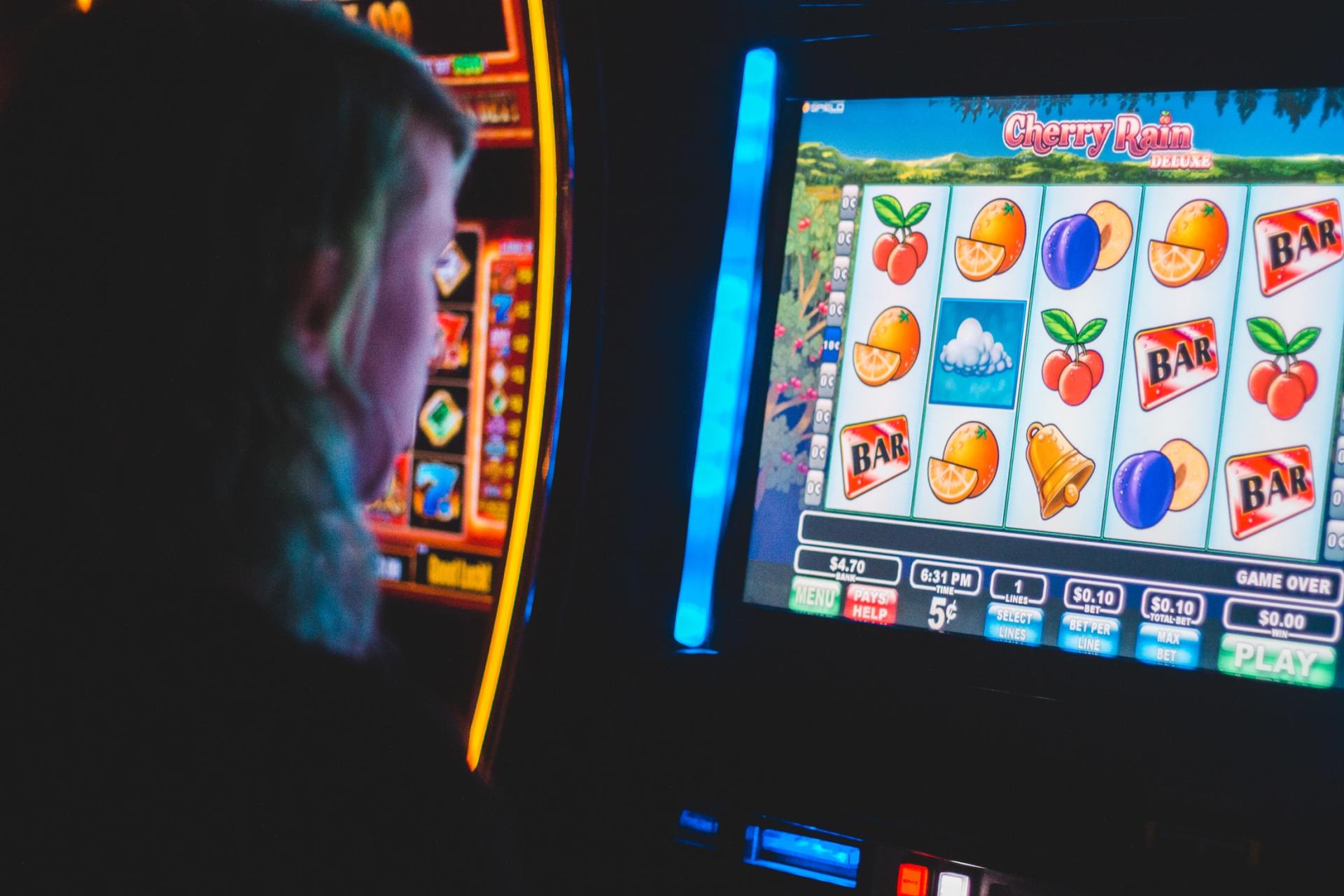Blog Layout
March Is Officially Problem Gambling Awareness Month – Here’s What You Need to Know
Mar 20, 2020

March Is Officially Problem Gambling Awareness Month – Here’s What You Need to Know
This post is sponsored.
Office pools for the Super Bowl and office brackets for the NCAA March Madness tournament seem harmless on the surface - and it is for most. But the reality is that more than two million Americans meet the qualifications of gambling addiction, and another four to six million are considered problem gamblers, according to the National Council on Problem Gambling (NCPG).
“This can be a really hidden addiction, so there’s nothing that may be obvious in terms of a hangover,” says Certified Problem Gambling Counselor Brad Galvin. “Often, it’s much more subtle. That’s why it’s so important for us to be focusing on this.”
What is Problem Gambling?
People affected by problem gambling and gambling disorder are often unable to stop gambling, even if it means wiping out savings accounts, accumulating crippling debt, ending personal relationships, sacrificing their health, or committing crimes such as fraud or theft.
To make matters more complicated, people affected by problem gambling also have the highest suicide rate of any addictive disorder. “We really need to take this seriously because people are dying as a result of this,” Galvin said.
Essentially, problem gambling occurs when:
- A person suffers harm because of gambling
- The gambler’s friends or family are negatively affected by their gambling
- A gambler has an authentic desire to stop but is compelled to continue
Problem Gambling Awareness Month
In order to bring attention to this often-hidden addiction, the NCPG has named the month of March Problem Gambling Awareness Month - and the fact that it coincides with the March Madness NCAA basketball championship games is no coincidence.
During the NCAA tournament, the NCPG and its state affiliates such as the Evergreen Council on Problem Gambling in Washington, see an increase in problematic gambling, as well as a higher level of people seeking support - although this year might be a little bit different as the tournament was canceled due to the unprecedented challenges presented by COVID-19.
Therefore, Problem Gambling Awareness Month was established in and hopes to accomplish four things:
- Increase public awareness and education of problem gambling - what it is and what signs to look for.
- Increase the availability of prevention, treatment, and recovery services and resources for those struggling with the effects of gambling problems.
- Encourage healthcare providers to screen clients for problem gambling.
- Help those in need get past the stigma to let anyone affected by problem gambling know that seeking help is not just okay, but the right thing to do for themselves and their families.
Problem Gambling Screening
Also as part of Problem Gambling Awareness Month, March 10 was dedicated to Problem Gambling Screening, to help concerned individuals learn how they can screen themselves, or be screened by a professional, and access other resources related to support services for problem gambling.
You can find one of the screening tools here on NCPG’s website, or take a 4-question screen
from the Evergreen Council on Problem Gambling (ECPG).
Questions typically revolve around a person’s experiences, emotional responses to gambling and the consequences they may have suffered because of gambling. These screenings only work if a person can be completely honest and transparent with their answers.
- Have you felt the need to bet larger and larger amounts of money to continue feeling the same rush from gambling?
- Do you get irritable or restless when trying to quit or curtail your gambling habit?
- Do you self-medicate an underlying personal problem with gambling?
- Have you lost money one day and gone back the next to “get even”?
- Have you ever written a bad check, taken money from someone else or pawned items to pay for gambling?
- If you or someone you love would answer those questions in the affirmative, treatment for problem gambling may be an appropriate course of action.
Problem Gambling Treatment Options
People struggling with the effects of problem gambling in Washington have a variety of excellent treatment options available from the ECPG
and the Washington State Health Care Authority (HCA). Both ECPG and HCA support outpatient problem gambling treatment services. ECPG also partners with several residential treatment programs, including Free by the Sea
in Ocean Park, WA.
ECPG posts information about Gamblers Anonymous
(GA) meetings, including current telephone conference meetings, on their website as well as Gam-Anon
meetings for the family and friends of people struggling with problem gambling.
It’s vitally important that people struggling with problem gambling receive treatment for their addiction. Many people affected by problem gambling do want to quit or control their gambling, but they’re often unable to do so on their own, despite their best efforts. And family members and loved ones affected by problem gambling also have important treatment services available to them.
The Evergreen Council on Problem Gambling and their partners, such as Recovery Café, are committed to helping anyone affected by problem gambling in Seattle and Washington State get the help they need in a safe, confidential and judgment-free environment. Help and information are available at the 24-hour, toll-free Washington State Helpline: call or text 1-800-547-6133.

05 Jun, 2020
On the heels of COVID-19, we’re all spending more time at home. In some households, that means spending more time with family and baking banana bread - but it also means a likely increase in screen time and online gaming. While online gaming can be an entertaining recreational activity, when does it start to become problematic? We’ve asked the experts about the five things you’ll need to know.

01 Apr, 2020
For many, gambling is a fun form of recreation and entertainment. In many cultures, traditional forms of gambling preceded the gambling we know today. From stick games, or bone games, that have specific cultural meanings and purposes in Native American cultures to Mahjong and card games in Asian communities, gambling has been a part of our lives. In fact, it’s more than just fun and games - it serves as a way to bring these communities together. Many cultural factors influence gambling, notions of luck, and social aspects in different cultures. “It’s very much ingrained in our culture,” certified problem gambling counselor Sarah Sense-Wilson tells New Day Northwest of Native American gambling culture. “When you look at the modern-day, we have casinos and different gaming venues where our communities gather for a variety of purposes, and generally it’s a hub for our communities, from funeral services, elections, elder gatherings, and conferences.” It’s not much different in Asian communities as well. “In our community, we tend to be more superstitious,” Victor Loo of Asian Counseling and Referring Services tells New Day Northwest. “In general, when Asian immigrants come to this country, we don’t speak the same language. When you go to a casino, that becomes a universal language.” While cultural gatherings mesh well with gambling and gaming, it can quickly become a problem for some. In fact, Loo notes that in the Asian community, the prevalence of problem gambling can be as high as 60 percent.
© 2024
All Rights Reserved





